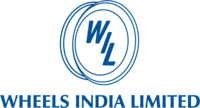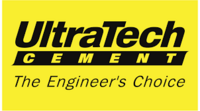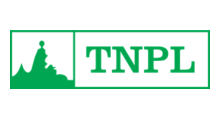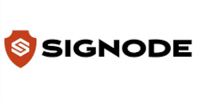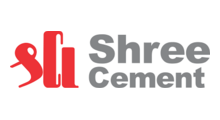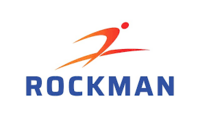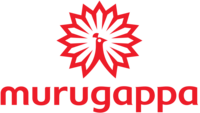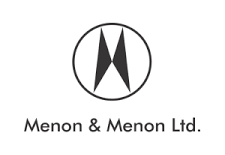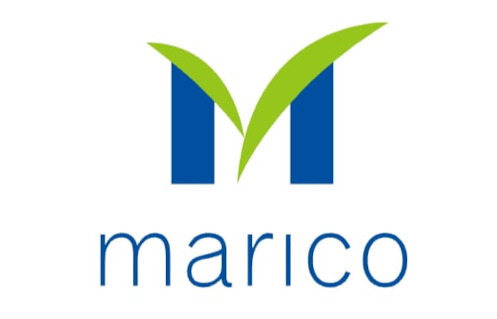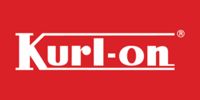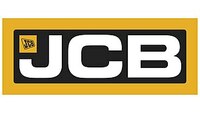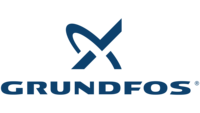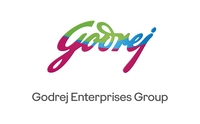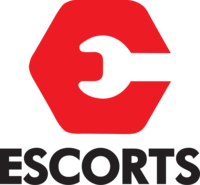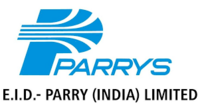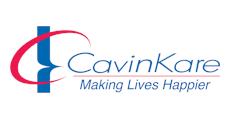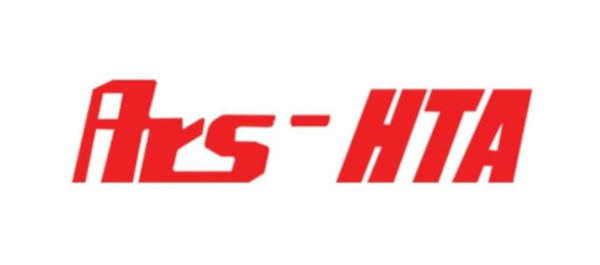FAQ
We have been delegating our (Cost) Accounting/Finance executives to the Cost Congress hosted by the Confederation of Indian Industry for the last three events. Are we moving towards a ( Total Cost Management ) TCM culture?
Is TCM a different form of Cost Accounting?
Definitely Not. Since TCM has cost as its central theme it does not make it a cost Accounting subject. Rather , it is a comprehensive management philosophy for proactively managing the resources of the business by integrating it with the strategic and operational aspects. The ownership of this philosophy is company wide and not cost accounting encased.
Our Finance/Cost Manager keeps a tight control on costs. Is that not an adequate TCM practice?
It is certainly not a best practice particularly if cost is a strategic issue. The costs were a part of finance or cost accounting as long as the control function alone was important and competitive strategies took a back seat. TCM objectives go beyond cost control through accounting / administrative means and seeks to provide the business a firm wide ability to deploy cost information for competitive advantage.
We have an elaborate cost accounting system with a monthly variation analysis. Is it not an adequate TCM practice?
A very good cost accounting alone is not a good TCM practice. The cost accounting systems of the past however detailed they may be speak the accounting language. At best they organise the elements of cost through well defined cost centres or provide for a very good analysis of the fixed and variable costs. Some companies may even do this with predetermined standards based on budgets. But, TCM is based on the strategies and operational management needs of a firm with an emphasis on the decision maker becoming the centerpiece of designing the information needs as per his process context.
We are already a TPM or a TQM focussed company. Why we need TCM?
Yes you will still need many or at least some aspects of TCM. Most of the TCM/TPM efforts run out of steam when the efforts are not translated into bottom line. This is particularly true when the TQM/TPM efforts are cost related. Further TCM helps in prioritising efforts on continuous improvement by benchmarking with reference to costs. Strategic issues of business management such as product line optimisation and customer profitability which are focussed by TCM are not addressed in the TQM/TPM implementation.
We have already implemented an excellent and renowned ERP system. Why should we even think of a TCM framework?
Yes. You should more so the reason think of implementing TCM. ERP packages if implemented without cost management modules at various users end does not bring in the focus emphasised by a TCM framework. Some ERP packages which at best contain a good cost accounting system without the strategic and the operational clarity required by TCM framework fall short of the TCM benchmarks. The practice of the best cost management modules in some of the ERP systems can in fact produce results only if the managers are cross functionally trained and become the habitual users of TCM concepts in day to day decision making.
Our plant executives participate in discussions relating to cost of various departments in the plant. Is it not an adequate TCM practice?
It is good TCM practice in part but not incomplete. Traditionally the cost subject had been confined to factory cost and the plant team generally play a lead role in discussing cost performance. But the TCM practice embraces a larger thinking and would involve the marketing , service and even the design players in a firm on cost issues. Further the strategic issues of cost would demand a cross functional orientation across business and not confined to plant alone.
Our plant executives participate in discussions relating to cost of various departments in the plant. Is it not an adequate TCM practice?
Yes. It is very much applicable. The conventional thinking that the cost analysis is meant for manufacturing is a myth as far as TCM is concerned. Non Manufacturing specific cost focus has been evolved such as Cost of Buying, Vendor Cost Analysis, Sub contract management costs to integrate with the current thinking on business processes.
We are in a service industry grouping. Is TCM applicable to us?
Yes. TCM is also applicable to service industries. Wherever cost becomes the basis of competitive strategy TCM can be practiced. This is akin to quality becoming universally applicable irrespectively whether it is grouped under manufacturing or service sector. In fact the medical segment in Europe really provided the boost for various developments in the field of cost management.
We make a detailed contribution analysis product wise and take decisions relating to product mix and pricing. Is it not an adequate TCM practice?
Depends on to what extent the products of the company are segmented with reference to customers and markets. Contribution analysis as a methodology for product mix and pricing was evolved during the era when capacity utilisation was the starting point of business performance and not customers and markets. With the advent of competitive strategies in a competitive market, new processes such as branding, channel management, service led marketing etc, the contribution analysis would simplify and distort the issues. A TCM tool which recognises such issues becomes more relevant for firms who have embarked on customer driven processes.
We use the variable cost structure of our products and mark up for recovering overheads and profit margins. Is it not an adequate TCM practice?
It is totally an inadequate practice which was more in vogue in a non competitive era of the past. The customer driven processes were not significant and pricing was not market driven. In this context marking up on costs for recovering overheads and profits would be accepted. Extending the same approach would not work in a competitive context and will also lead to sub optimal product mix and customer sales due to differential levels of activities customer wise.
We make a detailed budgeting expense head wise on zero base and control the spending at department level by monthly review. Is it not an adequate TCM practice?
It is not an adequate TCM practice. Cost information with an expense orientation does not support the type of orientation required for a continuous improvement customer oriented environment. Further , the TCM framework works on strategic and operational issues simultaneously whereas zero base budgeting at expenses level provides focus on cost control only.
We relate cost data to continuous improvement activities as a part of our TQM implementation by evaluating the expense reduction? Is it not an adequate TCM practice?
Yes. It is a good practice but may not be adequate and a perfect one. The continuous improvement projects of TQM are firmly grounded in root cause analysis technique. Relating the impact of the same to expense head level impact is grossly averaged and may not reveal the true story. Further the cost information in a TCM framework is schemed to provide a trigger for improvement and not only serve as a means to validate the efforts under TQM.
We have a very good input output analysis of the processes month wise which take care of costs automatically. Why do we need TCM?
The input output balancing in fact is a very good exercise generally used in analysing cost inputs relating to materials and utilities. But it was more relevant for a commodity economy with less emphasis on value added services and products. With non raw material related resources becoming as important as raw materials the TCM brings in its framework process value analysis by integrating it with cost information. Due to this aspect an input output analysis alone is insufficient in a TCM framework.
We have a good product costing system in compliance with the cost accounting Rules issued by the Government of India? Why do we need TCM?
Certainly you need TCM even if you are statutorily required to maintain cost accounting records. The statutory cost records were introduced in the context of an economy with regulatory framework. The contents of the records were more the price intervention measures of the Government in respect of commodities of common man’s use. The cost structure contained in such reports provide information only on product costs and contain an annually averaged information. This information basically does not focus on customer and channel costs. Further, it does not differentiate between strategic and operational cost information. Further the cost records information cannot support a continuous improvement environment.
What is then TCM ?
TCM is a management planning and control system to be adopted by a firm to enable it to greatly enhance its competitiveness involving the following :
- Identifying and measuring the cost of resources consumed in performing the significant activities of the firm.
- Determining the efficiency and effectiveness of the activities performed.
- Identifying, evaluating and implementing the most appropriate methodologies to enhance the competitiveness of the firm with a view to achieve long term leadership.
TCM involves selection and implementation of various tools of cost management as appropriate to the strategies and operations of the business.
Is TCM relevant only for manufacturing sector?
TCM framework is relevant for any business grouping. The applicability comes in the form of adaptability of various tolls which are process oriented at a generic level. For example, the principles of Target Costing can be made applicable a telecom sector in as much they are applicable to an automobile sector.
Does TCM differentiate between strategic and operational issues of a firm?
TCM exercise starts in fact from mapping of the processes to the strategies and operational targets of the firm. The tools of TCM are linked with reference to the strategies of the organisation as well as the operational needs to drive the cost strategies.
What are the TCM tools for strategy control of a business?
- Customer/Market Segment Profitability
- Channel Profitability Analysis
- Target Cost management
- Product Line Profitability Management
- Vendor Cost Analysis
- Total Cost of Buying
What TCM tools are relevant for operational control ?
There are various TCM tools which are deployed for operational control such as
- Activity Management
- Cost Driver analysis
- Cost of quality
- Support tool for TCM/TPM
- Kaizen Costing
- Performance measurement at business process level
Should we practice all tools of TCM ?
It is not necessary that a firm need to implement all the TCM tools. The selection of the tool depends upon the needs of the strategy . For example a firm practising kaizen costing to reinforce TPM or TQM need not think of implementing activity management.
Is it necessary to engage a consultant ?
It is not necessary to engage a consultant to completely implement all aspects of TCM. But depending on the skills availability on TCM it may be required to associate a resource person who can guide the firm on the structured framework of the TCM field.
How do we integrate TCM tools with TQM ?
TQM based continuous improvement efforts work through a root cause analysis at an activity level. Cost information at an activity level can also provide the trigger for the continuous improvement efforts under a TQM environment. One of the tools of TCM provides cost information at activity level and integrates with the TQM measures.
How do we integrate TCM tools with TPM ?
TPM efforts focus on various pillars of improvement or performance Measurement. Cost information is very crucial at the level of various projects Undertaken against each pillar. The traditional cost management systems which Are expense oriented does not provide visible support to such pillar level activities. TCM data by its very nature of being process oriented provides cost information which enables cost measurement at pillar level and thus enhance TPM implementation.
Can TCM support policy deployment techniques ?
Yes. TCM can provide an ideal support for policy deployment in the domain of resource planning and its accountability in utilisation. Policy deployment basically provides the ideal framework for cascading down the business policies and establishing accountability at the lowermost levels for implementation. Wherever the policy deployment is in respect of costs the information structure in a TCM environment provides the ideal way of drilling down cost targets at process and activity level for accountability and ownership.
Will TCM mean excessive transparency of sensitive information ?
TCM has two emphasis viz: the strategic and operational. The operational part of TCM cannot be implemented without sharing of information as the idea is to make the teams act on the same. However what is shared is a process based cost information and not a holistic cost structure. If required secrecy can be maintained at a desired level in implementing the strategic part of TCM. However just like TPM and TQM initiatives unless is information is made known to the process owners action cannot be expected.
Can we implement TCM overnight ?
No TCM cannot be implemented overnight if the goal is to make it as belief system. However pilot projects can be completed in the initial stages to create the buying in of the conceptual frame work. It has to be gradual process over time by which cost information becomes an integral form of the value system along with Quality , Time , Safety and Environment related projects.
Are there any maturity levels in TCM implementation?
There are almost five levels of maturity based on the evolution till the state of art of the total cost management domain. These levels have been created based on benchmarks set relevant to the state of level of competition in business. These levels and the attributes to be achieved against various benchmarks have been given at the end of this booklet.
Can TCM be implemented without software support ?
TCM can be implemented initially without software support. As the firm gains maturity gradually there will be a stage where software support will be eventually needed to sustain the value system created and move forward towards advanced stages of maturity.
What are the key areas for supporting TCM through software ?
Cost Management database of relationships is made of the following conceptual subsystems
- Data collection and input subsystem
- Modeling and analysis subsystem
- Reporting subsystem
- Deployment subsystem
- Predictive and planning subsystem
- Infrastructure subsystem
The above mentioned conceptual subsystems should provide the cost information in the architecture of the strategic and the operational tools of TCM. Most of the relatively well known ERP packages provide this support. However the firms should mature into application of these tools in the absence of which the full benefits of the software cannot be reaped.

